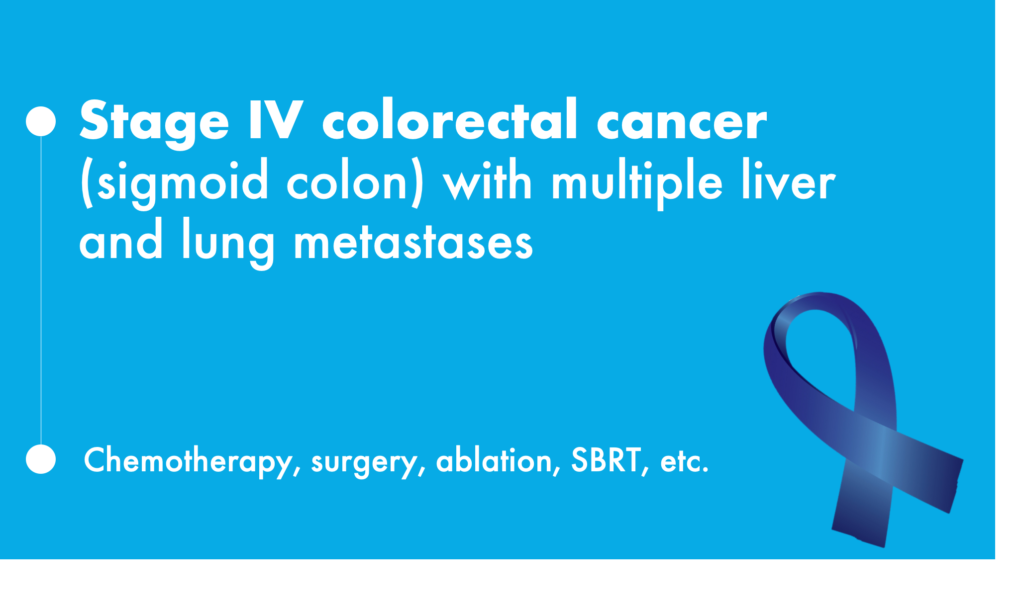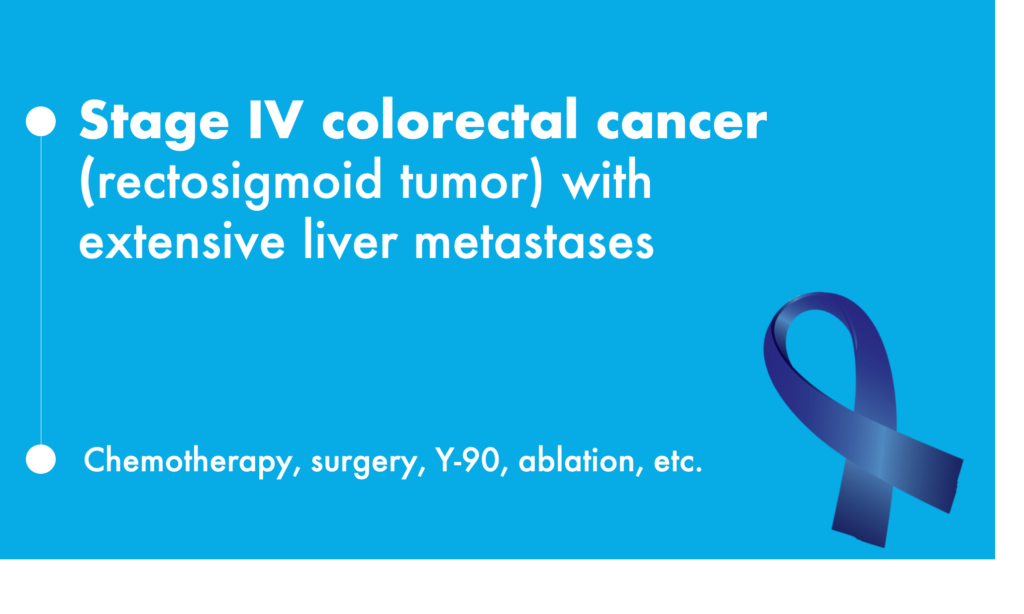“Case Selection” is a new format designed to highlight inspiring patient cases focused on challenging situations such as multiple recurrences, extensive metastases, rare subtypes, no longer response to standard treatments. Each case is derived exclusively from peer-reviewed medical journal case reports, rewritten by Patient Savvy in clear, easy-to-understand language without altering any critical information.
This collection highlights real stories of triple-negative breast cancer patients who achieved long-term survival through multiple lines of treatment—options often not fully detailed in standard guidelines (You can download FREE HERE). Their experiences show the power of self-advocacy and the importance of speaking with your doctor about personalized treatment paths.
Source: Chue, B. M. F., & La Course, B. D. (2019). Can we cure stage IV triple-negative breast carcinoma?: Another case report of long-term survival (7 years). Medicine, 98(38), e17251.
Source: Chue, B. M. F., & La Course, B. D. (2019). Case report of long-term survival with metastatic triple-negative breast carcinoma: Treatment possibilities for metastatic disease. Medicine, 98(16), e15302..
Source: MD Anderson Cancer Center (Published in January 2019)
If you have any questions, or any stories to share with us, please feel free to leave a comment in the section below.



I’m a fourteen year survivor of triple negative breast cancer, diagnosed at age 52. Stage 2, high grade. I underwent 16 rounds of chemotherapy, thirty-three rounds of radiation and a mastectomy without reconstruction. Three years later I underwent an elective mastectomy on the other non affected breast.
Thank you for sharing your story. We believe it’s giving hope to many cancer patients and their caregivers
My name is Tracy and I was diagnosed stage four triple negative breast cancer in 2020 and I have been any A.D. since July 2021!!! I am a thriver and a survivor. I am a mother of seven kids of which four are adopted older from China and Deaf. I’m a sign language interpreter and my husband is Deaf.. I’m grateful to be here for my husband and my children, and I appreciate every moment and live my life to the fullest! It is not an easy journey for anyone and it is not been easiest of journeys for me either, but I’m pushing to enjoy what I can, when I can. These stories are definitely inspiring.
Dear Tracy, thank you so much for sharing your story. A cancer journey is incredibly challenging, no matter how many new treatments or encouraging words we hear along the way. Your spirit and motto are truly inspiring to so many. Believe us, there are many many long-term survivors out there, and we’ll do our best to bring them to you and other warriors. Wish you and your family a great day!
I was diagnosed April of 2021 with TNBC IDC stage 1B. Underwent 4 rounds of TC And 12 rounds of Taxol and and one other chemo med. Immunotherapy, lumpectomy and removal of two lymph nodes with clear margins and no cancer in lymphnodes. 20 rounds of rads and 8 months of oral chemo. I am now NED. And continue with my follow up MRI’s and mammograms/bloodowork. Last chemo was 11/7/2021.
Thank you for sharing your inspiring story. We’re so glad to hear you’re NED now. None of us ever want to hear the word ‘cancer’ in our lives, but we believe, many come to appreciate life even more after going through it. Wishing you all the best in this next chapter of your journey.
It has been 9 years since my stage IV TNBC diagnosis in 2016, a recurrence from stage 1 tnbc in 2011. I had a complete response to my first line of treatment, AC chemo, and have remained NED and on no systemic treatment since November 2016. Or as I like to say, “dancing with NED.” I am a retired nurse whose passion for science and research led me to seek training as a patient advocate. I’ve actively served as a peer support and research patient advocate for over 8 years, collaborating with basic, translational and clinical researchers, reviewing research grants, serving MBC-specific organizations in various capacities, attending multiple scientific breast cancer conferences annually, and using this unexpected gift of time to educate the public, while providing support and hope for others diagnosed with mTNBC. I am inspired by those who continue to show up every day for others, despite dealing with symptoms of disease and side effects from treatment. I remember and honor the legacies of so many friends I’ve lost over the years. They are my “why” for continuing to advocate for better outcomes for everyone with MBC.
Your story is truly inspiring. Thank you for being there for others—it makes such a meaningful, huge impact. We’ve met many many patients who refused treatment after diagnosis. Of course, there’s no judgment, as we must respect each individual’s choice. But it’s extremely frustrating and disheartening when those decisions are shaped by non-scientific narratives, leaving patients without reliable stories or guidance to lean on. That’s why we feel it’s so important to share more inspiring stories like yours, so others can find strength and hope in them.